33 Marvelous Benefits Of Jaggery For Skin And Health
This delicious sugar substitute benefits your health in multiple ways!

Image: Shutterstock
Food in its natural, wholesome form can enrich you from within! It’s the same when it comes to jaggery benefits! Jaggery is the crudest form of sugar. Derived from palm, dates, or sugarcane, jaggery in all its varieties is a nutrient-dense miracle food that can do wonders for you when taken in the right amount. Not only does it help satiate you with its rich, densely sweet taste but also helps balance your nutrient deficiencies and strengthen your overall immunity! To know more about jaggery benefits and ways to include it in your diet, read on!
 Know Your Ingredient: Jaggery
Know Your Ingredient: JaggeryWhat Is It?
A golden-brown sweetener made from cane sugar, palm, or date sap.
What Are Its Benefits?
It aids in digestion and weight loss, slows down skin aging, cleanses the body, and reduces blood pressure.
Who Can Consume It?
Anybody can consume it except people with diabetes.
How Often?
You can consume 10 grams of jaggery daily.
Caution
Excess consumption can cause diarrhea and indigestion and increase the risk of intestinal infections.
In This Article
What Is Jaggery?
Jaggery is made from the juice of sugarcane, which is heated to produce thick crystals. It contains sugar in sucrose form and is used in many food products as a sweetening agent. It is unrefined sugar, considered healthier than refined sugar as certain plant phytochemicalsi Substances present in plants that give their distinctive color, aroma, and flavor and help form resistance against plant virus infections, fungi, and other insects. and minerals are preserved in it (1).
Many people avoid jaggery as its raw appearance is not very appealing, but is jaggery good for health? And if so, how much jaggery is okay to eat everyday? It may be time to start making this food a regular part of your diet as it provides many essential nutrients and is an effective remedy for many ailments. As per Ayurvedic texts, jaggery has been used traditionally in various cultures as a natural remedy and functional food. Read on to learn more.
Key Takeaways
- Jaggery is a natural sweetener derived from sugar cane or date palm.
- It is a good source of iron, making it beneficial for individuals with anemia.
- Jaggery aids in digestion and may help prevent constipation.
- Jaggery helps in detoxifying the liver and removing toxins from the body.
- It is beneficial to skin health and may reduce blemishes and scars.

Traditional Uses Of Jaggery
Jaggery is widely valued across Latin America, Africa, and Southeast Asia for its natural sweetness, energizing qualities, and health benefits. In Latin America, it is known as ‘panela’ and used in drinks like ‘aguapanela’ for energy and as a remedy for colds. In Africa, jaggery is added to teas and porridges to soothe sore throats and combat fatigue. In Southeast Asia, jaggery enhances dishes, desserts, and drinks. Some communities also use it believing it is effective against digestive issues and for body cleansing.
In India, it is commonly added to snacks like chikki (a peanut bar) mainly because of its binding properties when heated. Ayurvedic texts describe jaggery’s benefits for blood purification, digestive health, and even relief from bile disorders. It is also believed to stimulate digestion and appetite, which is why many recommend eating jaggery after a meal. Jaggery is known to ease respiratory issues and migraine. In fact, Jaggery’s ability to help with smoke-induced lung damage and reduce arsenic toxicity makes it a natural choice for protection against pollution (2). It has been trusted for generations, especially in rural communities as a daily health aid to support overall well-being.
By adding jaggery to your diet, you gain a wide range of health benefits that you may not have thought it could provide. Let’s find out more about it!
 Trivia
TriviaJaggery is also known as ‘Gur’ in Hindi, ‘Bellam’ in Telugu, ‘Vellam’ in Tamil, ‘Sharkara’ in Malayalam, ‘Bella’ in Kannada, and ‘Gul’ in Marathi. Let’s take a look at all the amazing benefits of jaggery:
Skin Benefits Of Jaggery
Jaggery is also beneficial as a beauty treatment. It has natural properties that ensure that the skin stays healthy at all times.
- Nourishes The Skin: Jaggery is rich in minerals and many vital vitamins, allowing it to provide nourishment to every part of the body, including the skin. When your skin gets proper nourishment, it can stay glowing and healthy (3).
- Treats Acne And Pimples: Jaggery has anti-inflammatory and wound healing properties. It helps treat and prevent many skin problems, such as acne and pimples. Hence, it also helps in keeping the skin blemish-free. It also delays the signs of aging such as wrinkles, dark spots, etc (4).

Health Benefits Of Jaggery
For Digestion

One of the main reasons that people take jaggery after meals are due to its positive effects on the digestive system (2).
- Prevents Digestive Disorders: Jaggery helps in the maintenance of the proper functioning of the digestive system. This, in turn, prevents many digestive problems and improves digestion as well.
- Boosts Secretion Of Digestive Enzymes: Jaggery stimulates digestive enzyme secretion, and it also gets converted into acetic acid. Therefore, it speeds up the process of digestion, as the load on the digestive tract is significantly reduced.
- Regulates Bowel Movement: As it helps in maintaining proper digestion, jaggery also helps in regulating the bowel movement and preventing problems such as indigestion, constipation, flatulence, intestinal worms, etc.
 Fun Fact
Fun FactFor Blood
Jaggery is known to have beneficial effects on the blood as well. This is why making it a part of your diet is recommended (2).
- Purifies Blood: One of the most well-known benefits of jaggery is its ability to purify the blood. When consumed on a regular basis, it cleanses the blood, leaving your body healthy.
- Prevents Blood Diseases And Disorders: Jaggery helps in boosting the total count of hemoglobin in the blood (2). It also boosts the immunity that, in turn, helps in preventing a wide variety of blood disorders and diseases.
- Prevents Anemia: Jaggery is rich in iron and folate that help in preventing anemia by ensuring that a normal level of red blood cells is maintained. This is especially beneficial for pregnant women. It is also an instant energy booster that prevents fatigue and weakness of the body.
- Treats Menstrual Problems: Jaggery, due to its richness in many essential nutrients, is an effective natural treatment for many menstrual problems. It also helps in providing relief from cramps and stomach ache that are associated with menstruation.
Jaggery Benefits For Weight Loss

Jaggery is surprisingly effective as an aid for weight loss. If you are looking to lose some unwanted pounds, include this food in your diet (4).
- Boosts Body Metabolism: Jaggery is a rich source of potassium, which is a mineral that helps in the balance of electrolytes as well as the building up of muscles and improving the metabolism in the body. These factors play an important role in effective weight loss, making jaggery effective in aiding in weight loss.
- Reduces Retention Of Water: Water retention is a major problem when you are trying to lose weight. As mentioned earlier, jaggery contains many essential minerals, especially potassium. This mineral helps in the reduction of water retention, thus managing your weight.
Other Benefits
Jaggery has many other benefits that include the following:
- Cleanses The Body: One of the best natural cleansing agents for the body is jaggery. It helps detoxify and it efficiently cleans the intestines, stomach, respiratory tract, lungs, and food pipe. It is believed to remove toxins and impurities from the body, including relieving constipation (2). Thus, consuming jaggery is an effective home remedy for constipation.
- Boosts Intestinal Health: As mentioned earlier, jaggery has wonderful effects on the digestive system. It also boosts intestinal strength due to its high magnesium content. With every 10 grams of jaggery, you get 16mg of magnesium, which is 4 percent of the daily requirement of this mineral (2).
- Controls Blood Pressure: Jaggery contains potassium and sodium, which play an important role in the maintenance of acid levels in the body. It also makes sure that a normal level of blood pressure is properly maintained (2).
- Prevents Nervous System Problems: This food has many natural properties that help in keeping the nervous system functioning normally and staying healthy. This, in turn, keeps a wide range of nervous system disorders at bay (2).
- Provides Antioxidants: Jaggery is a rich source of antioxidants, selenium in particular, that helps in preventing the various effects of free radicals on your body. This means that it keeps many different diseases and ailments away and, as already mentioned, delays the signs of aging (5).
- Prevents Respiratory Problems: By consuming jaggery regularly, you may prevent many respiratory problems such as asthma, bronchitisi An inflammatory condition wherein the lining of the bronchial tubes are inflamed, causing shortness of breath and coughing. , etc. Experts recommend taking this natural sweetener with sesame seeds for wonderful benefits for respiratory health. Jaggery may also help cleanse the lungs of the dirt and pollutants (2), (6).
- Treats Cough And Cold: Jaggery is known for its ability to naturally treat a cough and cold effectively. Eating it in its raw form is recommended. However, if you are averse to its sweet taste, you can mix it with tea or warm water and gain relief from these problems. It also may work well for treating migraines and headaches. However, research in this regard is limited.
- Relieves Joint Pain: If you often suffer from aches and pains in your joints, eating jaggery can provide you with much-needed relief. Experts recommend eating it with a piece of ginger to alleviate joint pain. Drinking a glass of milk with jaggery every day is also recommended to help strengthen the bones, thus preventing joint and bone problems such as arthritisi A chronic disorder that affects the bone joints resulting in the inflammation of one or more joints, causing pain and stiffness. (2).
- Controls Body Temperature: Jaggery helps in controlling the temperature of the body. This is especially beneficial for patients who suffer from asthma as they require a normal body temperature to be maintained at all times (2).
- Provides Instant Energy: If you are feeling weak or lethargic, eating a piece of jaggery can provide instant energy. The best thing about it is that it is gradually digested and absorbed by your body, unlike white sugar. This means that the levels of blood sugar do not get raised immediately (2).
- Regulates Liver Function: One of the main functions of the liver is to rid the body of harmful toxins and other impurities. As jaggery can naturally cleanse the body, it reduces the workload of the liver and helps in its detoxification as well, thus regulating its function (7).
- Reduces PMS: Eating a small piece of jaggery every day can help in alleviating PMS. This problem is caused by fluctuating hormone levels, and this food helps in reducing it as it stimulates the release of endorphins, which are known as happy hormones. It helps in relaxing your body and making you feel good (2).
- Boosts Immunity: Due to its richness in various minerals, antioxidants, and other nutrients, jaggery is of immense help in boosting immunity. By ensuring that the immune system is healthy, it helps in preventing many types of infections, ailments, and diseases. Jaggery is rich in zinc and seleniumi An essential mineral that protects cells from oxidative damage and infections and helps in DNA synthesis. that, as you know, prevent free-radical damage caused by oxidative stress (4).
- Treats Chronic Cough: As mentioned earlier, jaggery has many benefits for the respiratory system. It helps in treating chronic cough. It has a smoothening and soothing effect on the soft tissues of the throat, thus reducing throat irritation. It is known as an Ayurvedic medicine that makes the lungs warm and dilates the respiratory tract. However, more research is needed to arrive at a conclusion.
- Helps With Urinary Problems: Sugarcane acts as a natural diuretici Water pills that help expel water from the body through the kidneys and increase urine production. and jaggery also possesses this property. It helps in stimulating urination that is good news for people who have difficulty in passing urine. Jaggery can also help in reducing inflammation of the bladder. Experts recommend drinking a glass of hot milk with jaggery to treat urinary problems and improve urine flow (8).
- Treats Hiccups: If you have a case of hiccups, eating jaggery can help. All you need to do is mix it with dried ginger powder. Experts recommend eating this mixture with a glass of warm water to gain relief. Mix 3 grams of jaggery with 500mg of ginger powder to get rid of this problem.
- Cools The Stomach: As mentioned already, jaggery helps in maintaining a normal body temperature. This helps in keeping your stomach cool. Experts recommend eating a medium-sized piece of this food every day, especially during the summer (8).
- Improves Sperm Quality And Production: According to Ayurveda, eating jaggery that is mixed with amla powder can help in the improvement of the quality of sperm. It also helps in boosting sperm production. It also helps in lowering the weakness of the body and treats and prevents urinary problems among men (8).
- Boosts Iron Absorption: Being rich in iron, eating jaggery with foods that are rich in Vitamin C helps in boosting the absorption of this mineral in the body. Experts recommend pairing it with foods such as citrus fruits, amla, guavas, etc. When iron is properly absorbed, it boosts hair health, making it strong and lustrous (2).
- Natural Sweetening Agent: Jaggery is a traditional sweetener not just because of its sweetening properties, but also because of its distinct flavor and aroma. While sugar would just give you sweetness, jaggery would give you sweetness along with flavor. Even the other variety of jaggery, e.g. date jaggery, has a flavor that keeps it on a higher pedestal than plain sugar (7).
- Warming Effect: Since jaggery contains carbohydrates that take time to get digested, it provides warmth to the body. In many countries, people prepare sweets and special foods using jaggery in cold weather. This is a traditional method to ensure a little warmth during winters. Using date palm jaggery for this purpose is beneficial as it provides maximum warmth to the body (8).
- Prevents Asthma: Black jaggery has properties that regulate body temperature. It also possesses anti-allergic characteristics. This is extremely essential for asthma patients (8).
Jaggery Vs. Sugar: A Comparative Study
Let’s have a look at how jaggery is different from sugar.
1. Method Of Processing
Both jaggery and sugar are prepared by bringing sugar cane juice to a boil. However, this is only the initial step. The boiled juice is clarified with bone charcoal into a clear and transparent syrup which, upon cooling, condensation, and crystallization, turns into regular white sugar. On the other hand, sugar cane juice is boiled continuously in order to form a thick, sticky paste of jaggery. It is then cooled down and poured into molds to come up with required jaggery blocks (2), (3).
2. Composition
Sucrose (C12H22O12), a disaccharide (Glucose + Fructose), is known to be the primary component of both sugar and jaggery. While there is no other component in table sugar, jaggery is made of sucrose (65-85%), invert sugar (10-15)%, ash (2.5%), non-sugars such as calcium (0.4%), phosphorus, and very small amounts of dietary fiber, iron, and mineral salts. The invert sugar content of jaggery makes it higher in sweetness than regular sugar (3) and can also help balance out a low glycemic index.
3. Color
Regular sugar is white in color. But the color of jaggery can vary from golden yellow to different shades of brown (i.e. golden brown, perfect brown, dark brown, etc.). The color usually depends on the time of boiling the sugar cane juice (2), (3).
4. Texture
As far as the texture is concerned, sugar and jaggery are different from each other. Sugar has a solid and hard form that looks like crystal, while jaggery is semi-solid (comparatively softer) and does not have any specific shape (amorphous) (2), (3).
Recipes To Include Jaggery In Food To Curb Iron Deficiency
Jaggery is important for its iron benefits, and if you don’t like eating it raw, you can try the following methods. These are simple recipes you can make:
1. Jaggery Chapati

Required Ingredients
- Grated jaggery
- Milk
- Wheat flour/Atta
- Salt to taste
- Ghee
How To Prepare
- Take half a cup of milk and add three cups of grated jaggery and mix by boiling on low heat.
- Then cool it down and mix with atta, 1/8th spoon baking soda, salt as per taste, and a little ghee.
- Prepare a smooth dough by adding a little more milk.
- Now, roll out into chapatis by smearing little ghee over them.
This is one of the simplest ways to yield the benefits of jaggery.
2. Jaggery Rice

Required Ingredients
- Jaggery
- Water
- Soaked rice
- Cloves
- Green cardamoms
How To Prepare
- Boil 4 cups of water, add 1 cup of soaked rice, 2 cloves, and 4 green cardamoms.
- When it starts boiling, simmer the heat till the rice is cooked.
- In a colander, drain the rice.
- Add little ghee in a heavy based pan, add rice and mix well.
- On a slow heat, mix jaggery and cover it.
- Cook it for 10 to 15 minutes and keep stirring for a couple of minutes.
It is done. Now you can savor and enjoy the food!
Prevent Iron Deficiency With Jaggery
Jaggery is a substitute for refined white sugar and is used in many Indian households. It is an excellent source of iron, and hence it helps prevent iron deficiency and improves the hemoglobin levels in the blood (2):
If you do not eat green vegetables daily, then you can eat jaggery on a daily basis to fulfill the iron requirements of your body.
- You can add jaggery to substitute for sugar in your tea or coffee.
- You can add it to your breakfast cereal, sambhar, rasam, and dal.
- You can replace refined white sugar with jaggery while preparing some Indian sweets such as kheer or payasam.
Is consuming jaggery for diabetes considered safe? Well, jaggery should be consumed with caution if you are diabetic as it contains only five percent fewer carbohydrates when compared to white sugar. It can increase your sugar levels drastically. So, if you are a diabetic or on a weight loss program, you should not consume it in large quantities. Also, it may cause some side effects if consumed in excess amounts. Scroll down to know in detail about those adverse reactions.
Side Effects Of Jaggery
Some potential adverse effects of jaggery are as follows:
- May Cause Digestive Issues: The excess intake of jaggery may cause stomach pain, gas, bloating, and diarrhea in some people with sensitive stomachs. However, limited data is available to prove these claims.
- May Lead To Tooth Decay: Anecdotal evidence suggests that just like other sugary items, jaggery may also lead to dental issues like tooth decay and cavities.
- May Cause Weight Gain: The high calorific value of jaggery may contribute to weight gain when it is consumed in excess amounts. However, limited data is available in this regard.
- May Cause Allergic Reactions: It may cause itching, swelling, and breathing issues in some individuals. If you are intolerant to sugar, it is advised to avoid jaggery consumption.
Therefore, certain groups should be cautious about consuming jaggery. For example, people with sensitive stomachs, those prone to dental issues, individuals managing their weight, and people with sugar intolerance or allergies.
Infographic: Top 10 Reasons To Consume Jaggery
Jaggery is a sweet sugarcane juice by-product that is packed with many nutrients. Several research studies have shown that consuming jaggery can help boost your health in several notable aspects. While the above article has listed most of its benefits, we have narrowed down some of the best ones for you here.
Check out the infographic below to learn more about the top reasons to substitute your regular white sugar with the wonderous jaggery. Illustration: StyleCraze Design Team
Jaggery’s benefits can be attributed to its beneficial nutrients. If included as a part of the diet, jaggery can promote skin health and help manage acne. It also manages digestive disorders, promotes digestive health, and regulates bowel movements. In addition, jaggery purifies the blood and helps manage anemia and menstrual problems. It also boosts metabolism and aids in weight loss. Jaggery effectively aids in controlling the blood pressure, blood purification, joint pain, cough, cold, body temperature, urinary problems, hiccups, and asthma. Try including it in your diet with the healthy recipes mentioned above to reap its benefits. As we know, jaggery is a byproduct of sugarcane, so you may also try including sugarcane in any form in your diet. It is believed that there are many sugarcane juice benefits that can do wonders for your skin and overall health.
Frequently Asked Questions
How much jaggery is okay to eat every day?
Generally, ten grams of jaggery is safe for daily consumption. Consult a doctor regarding consumption in case you have a specific condition.
Does jaggery increase belly fat?
Although jaggery may not particularly increase belly fat, consuming it in excess daily may lead to weight gain due to its high glucose and fructose content. Hence, moderate consumption is advised.
Is jaggery better than honey?
Both jaggery and honey have their own benefits. Jaggery is rich in copper, magnesium, and iron, whereas honey is rich in vitamins B and C and iron. Hence, what you choose depends on your preferences and health conditions.
Illustration: Marvelous Benefits Of Jaggery For Skin And Health

Image: Stable Diffusion/StyleCraze Design Team
Unveil the sweet truth about jaggery in this enlightening video. Explore why this golden alternative surpasses regular sugar, uncovering its multitude of health benefits that can revolutionize your well-being.
References
Articles on StyleCraze are backed by verified information from peer-reviewed and academic research papers, reputed organizations, research institutions, and medical associations to ensure accuracy and relevance. Read our editorial policy to learn more.
- Upgradation of jaggery production and preservation technologies
https://www.sciencedirect.com/science/article/abs/pii/S1364032118305616 - Value Addition and Fortification in Non-Centrifugal Sugar (Jaggery): A Potential Source of Functional and Nutraceutical Foods
https://www.ncbi.nlm.nih.gov/pmc/articles/PMC8314846/ - Jaggery – A traditional Indian sweetener
https://www.researchgate.net/publication/297928542_Jaggery_-_A_traditional_Indian_sweetener - Health Benefits of Jaggery Tea on the Account of COVID-19
https://www.proquest.com/openview/6507dd0ba9247289702cc5a6f5a7c36d/1?pq-origsite=gscholar&cbl=237822 - Cytoprotective and antioxidant activity studies of jaggery sugar
https://www.sciencedirect.com/science/article/abs/pii/S0308814608014167 - Chapter 16 – The benefit of Indian jaggery over sugar on human health
https://www.sciencedirect.com/science/article/pii/B9780128169186000160 - Jaggery: A natural sweetener
https://www.phytojournal.com/archives/2025/vol9issue5/PartAR/9-5-516-642.pdf - New dimensions in development of health-based spices and herbs fortified value added jaggery products
https://www.researchgate.net/profile/Priyanka-Singh-123/publication/352776150_New_dimensions_in_development_of_health-based_spices_and_herbs_fortified_value_added_jaggery_products/links/60eeb40dfb568a7098aa77e8/New-dimensions-in-development-of-health-based-spices-and-herbs-fortified-value-added-jaggery-products.pdf
Read full bio of Reda Elmardi
Read full bio of Tanya Choudhary
Read full bio of Ravi Teja Tadimalla
Read full bio of Moksha Gandhi






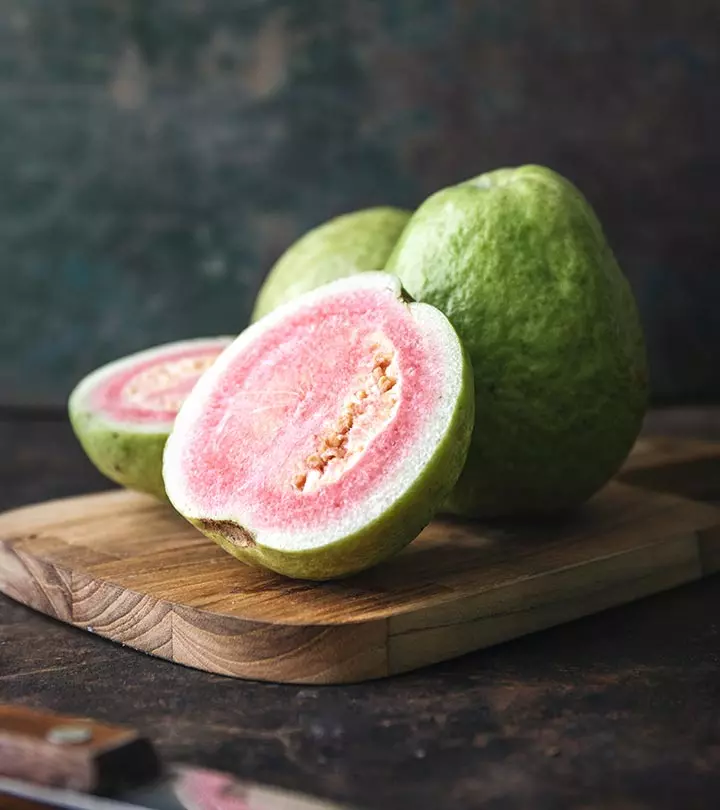
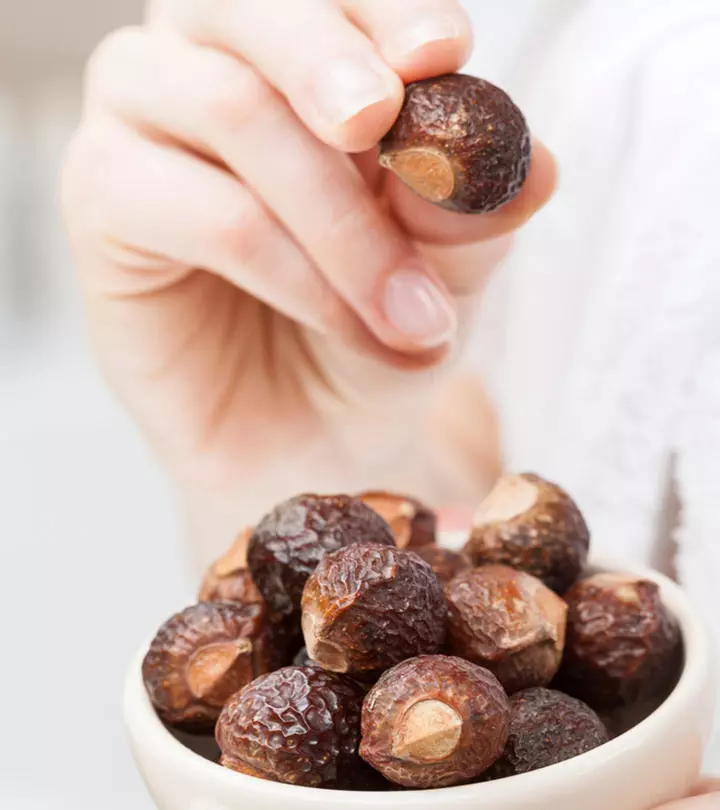
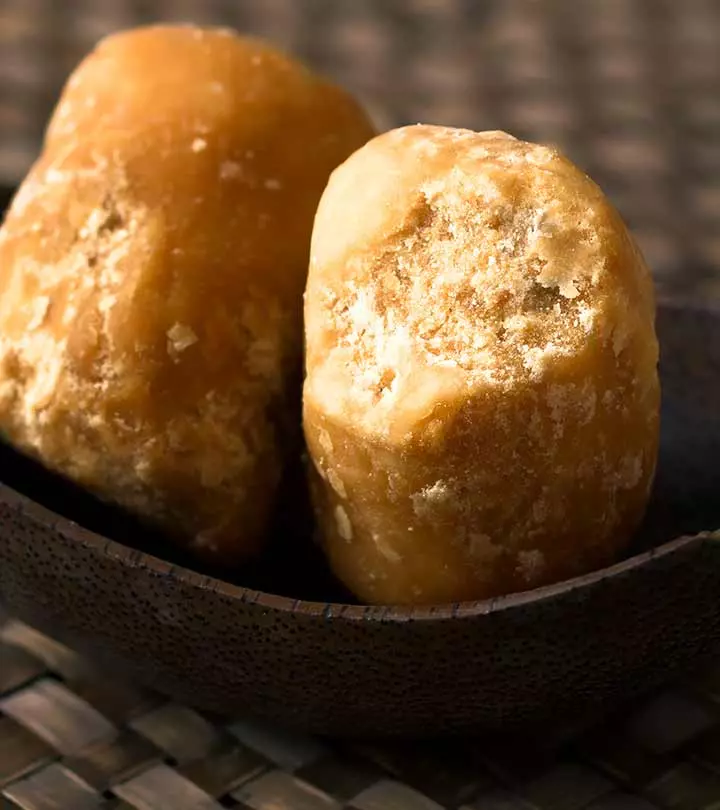
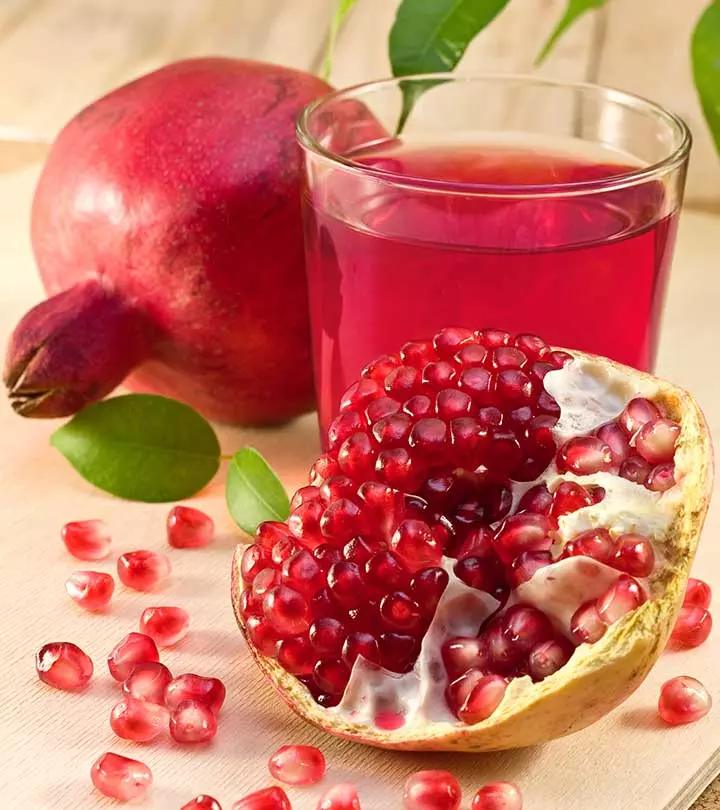
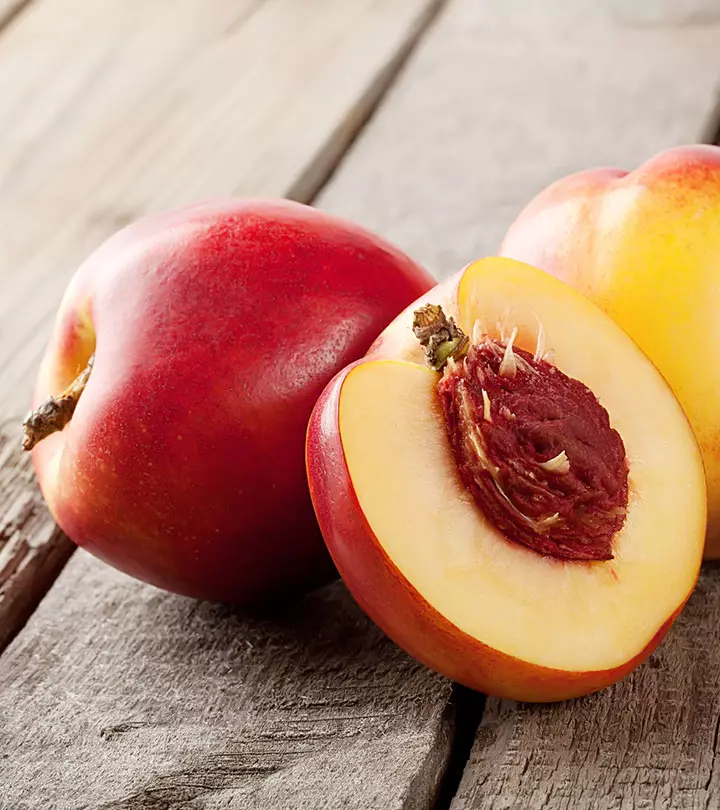
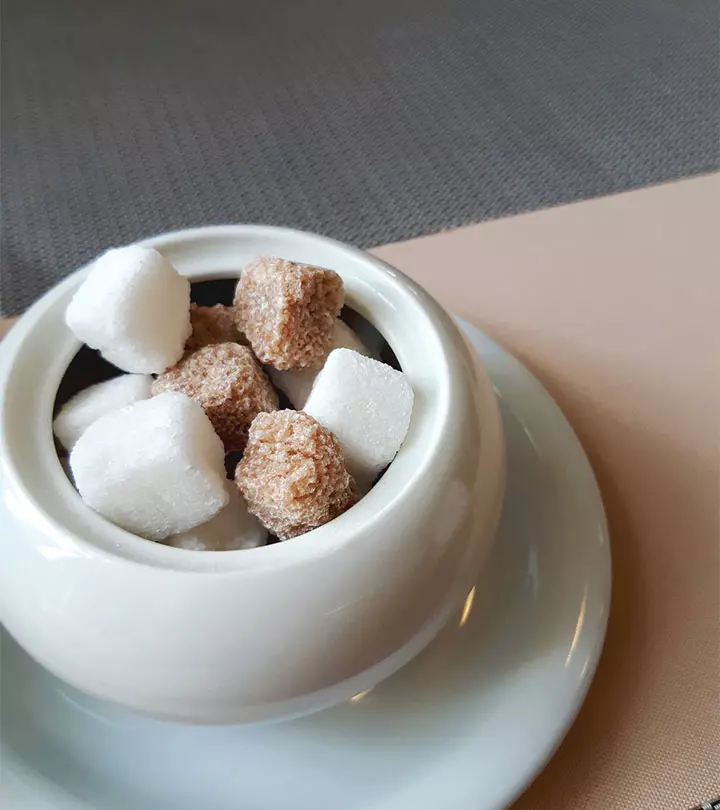



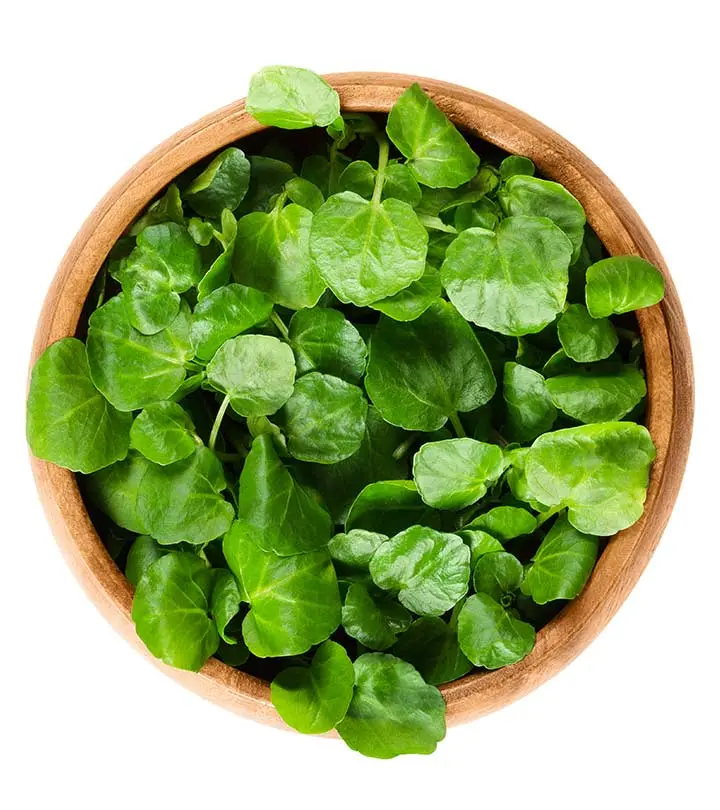
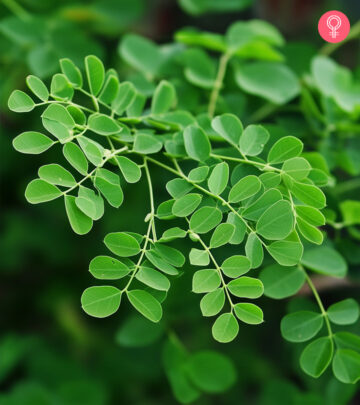
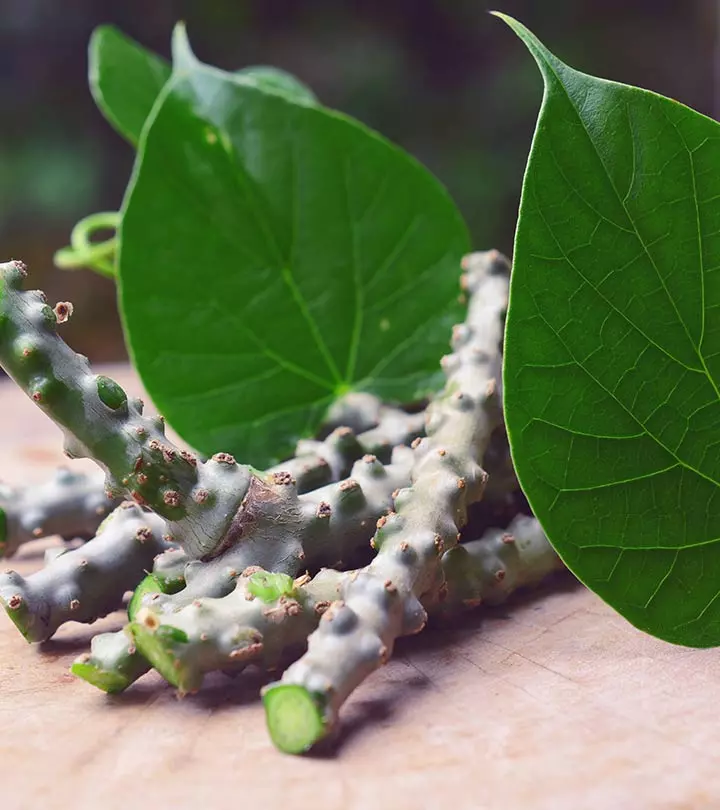

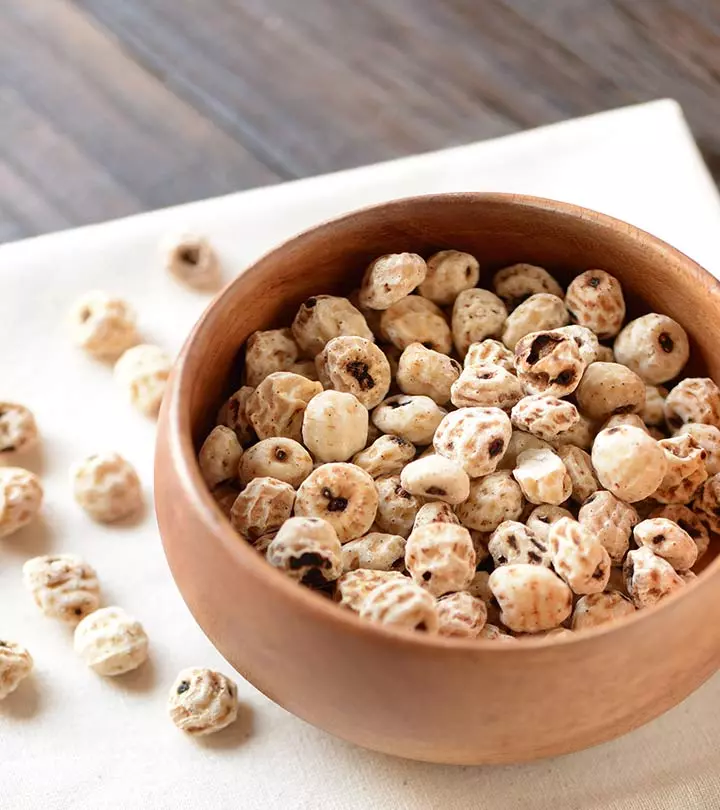



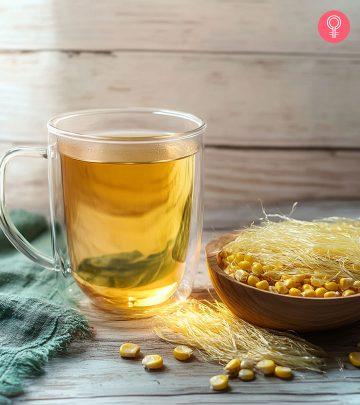

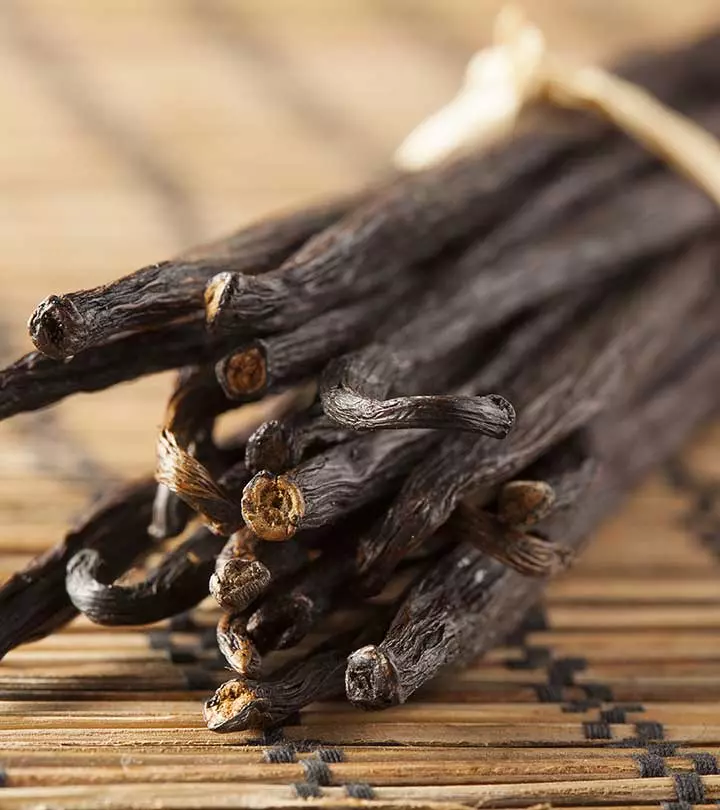
Community Experiences
Join the conversation and become a part of our empowering community! Share your stories, experiences, and insights to connect with other beauty, lifestyle, and health enthusiasts.